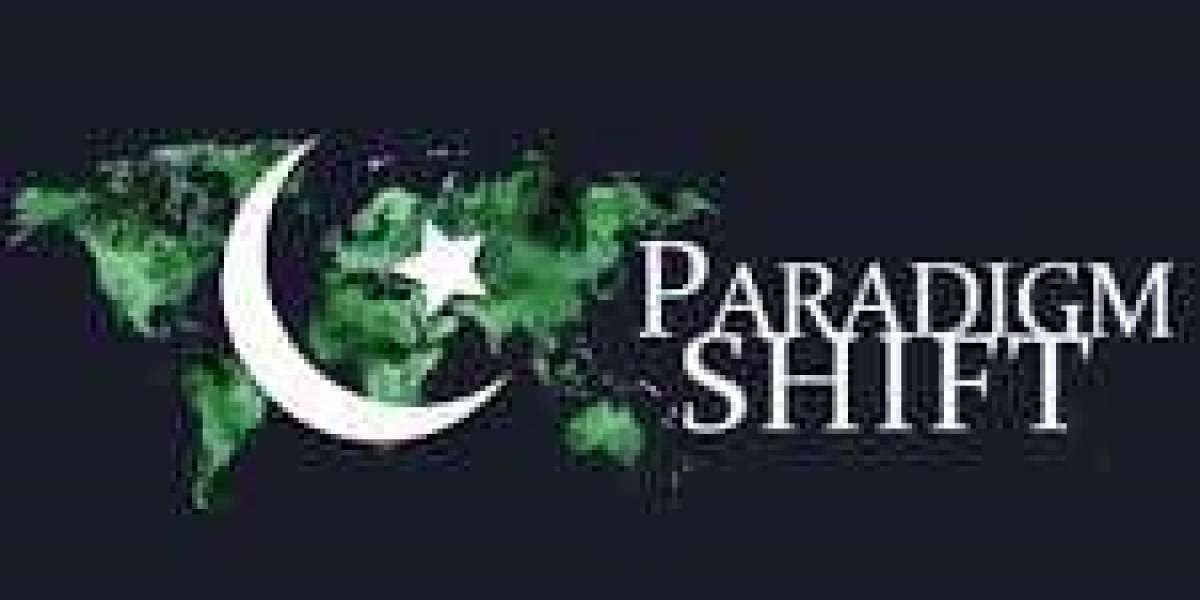When we talk about history’s turning points, many people tend to jump to World Wars or the Cold War. However, fewer people remember a pivotal event that reshaped the map of Europe and planted the seeds for future global conflict — the Franco Prussian War 1870. This war not only shifted the balance of power in Europe but also set a precedent for modern warfare, diplomacy, and nationalism. For readers of paradigmshift, yeh blogging website h politics ki, it's important to study how such past political transformations still echo in today's global politics — especially for countries like Pakistan that often stand at the crossroads of historical legacies and modern challenges.
A War That Wasn’t Supposed to Happen
To begin with, the Franco Prussian War 1870 didn’t erupt out of immediate aggression or territorial greed. Rather, it was born out of diplomatic tensions, national pride, and political miscalculations. At the time, France was under Emperor Napoleon III, and Prussia was led by Chancellor Otto von Bismarck — a man known for his strategic brilliance and manipulative diplomacy.
The spark came from a relatively small issue: the candidacy of a German prince for the Spanish throne. Although it seemed minor, France viewed it as a threat to their influence in Europe. Tensions escalated when a telegram from the Prussian king was edited by Bismarck to appear insulting, infuriating the French public and political elite alike. Consequently, France declared war on Prussia in July 1870.
The Course of the War
As the war unfolded, it became evident that Prussia was far more prepared. With efficient railroads, modern weapons, and a well-coordinated army, Prussia mobilized faster and more effectively. On the other hand, France struggled with outdated tactics, poor communication, and lackluster leadership.
Within weeks, the French army faced devastating defeats. The turning point came with the Battle of Sedan in September 1870, where Napoleon III was captured along with a large portion of his army. This effectively ended the Second French Empire and led to the proclamation of the German Empire in January 1871 — in the Hall of Mirrors at Versailles, no less. This symbolic location added insult to injury for the French and sowed deep resentment.
Why It Matters Today — Especially for Paradigmshift Readers
So, why should readers in Pakistan — and particularly followers of paradigmshift — care about the Franco Prussian War 1870? The answer lies in its consequences. For starters, it led to the unification of Germany, turning it into a dominant European power. This altered the balance of power, leading to new alliances, arms races, and eventually the First World War.
Moreover, the war highlighted the role of nationalism — a concept deeply relevant in South Asia. Just like how the German states united under a single banner, post-colonial states like Pakistan also grappled with questions of identity, unity, and sovereignty. The formation of the German Empire offers a historical lens through which we can understand modern nation-building, including Pakistan’s own path since 1947.
The Role of Media and Propaganda
Interestingly, the Franco Prussian War 1870 was one of the first conflicts where modern media played a significant role. Newspapers on both sides used the war to stir up nationalism, report battle updates, and even manipulate public opinion. This phenomenon feels especially familiar today, when political discourse in Pakistan and beyond is heavily shaped by media narratives — both mainstream and digital.
For a platform like paradigmshift, which thrives on critical political commentary, the parallels are striking. The media's role in shaping public opinion during wartime — or even during peacetime crises — shows how powerful words and framing can be. Whether it's reporting from the frontlines or covering local political turmoil, media can make or break public trust.
Diplomacy and Miscalculation
Another important lesson from the Franco Prussian War 1870 lies in the realm of diplomacy. France misread Prussia’s intentions and overestimated its own capabilities. Similarly, in modern international relations, miscalculations often lead to unnecessary conflicts. The U.S. invasion of Iraq, the ongoing tensions between India and Pakistan, or even recent diplomatic breakdowns globally — all echo this theme.
Bismarck's manipulation of the Ems Dispatch — the telegram that provoked France — teaches us the dangerous power of half-truths and political spin. In the age of social media, where misinformation spreads like wildfire, this historical episode reminds paradigmshift readers to dig deeper, question narratives, and seek the whole truth.
Economic and Social Impact
Beyond politics and the battlefield, the war left lasting social and economic scars. France was forced to pay heavy reparations, lost valuable territory (Alsace and Lorraine), and underwent a period of civil unrest. Meanwhile, Germany emerged stronger but also more isolated diplomatically. These shifts led to economic transformations and ideological shifts that influenced future policies.
In the context of Pakistan, economic crises, shifting alliances, and internal unrest are all part of the political fabric. The Franco Prussian War 1870 offers insights into how economic penalties, reparations, and national pride can reshape a country’s destiny — for better or worse.
Lessons for Pakistan
Looking at Pakistan’s contemporary political and strategic environment, several lessons from this historical conflict emerge:
Effective Leadership Matters: Prussia’s success was not just military; it was strategic. Strong leadership, clear objectives, and unity played a crucial role — lessons that Pakistan’s fragmented political landscape could learn from.
Media Influence is Powerful: As seen in both the war and modern Pakistan, controlling narratives is as important as winning battles.
Diplomacy Can Prevent War: Avoiding miscommunication and understanding the long-term implications of diplomatic decisions is vital in South Asia, particularly in the India-Pakistan context.
Unity in Diversity: Just like Germany's unification efforts, Pakistan’s ongoing debates around provincial autonomy, ethnic identity, and national integration reflect similar tensions that need thoughtful resolution.
The Legacy of the War
Though the Franco Prussian War 1870 ended over 150 years ago, its legacy continues. It not only redrew borders but also rewired how nations interact. The resulting German Empire would later be central to both World Wars, and France’s desire for revenge shaped much of 20th-century diplomacy.
For a political blog like paradigmshift, understanding such legacies is essential. By learning from history, we can better navigate the present and prepare for the future. This is especially true for countries like Pakistan, which sit at the nexus of geopolitical tension, economic uncertainty, and social transformation.
Conclusion: Why This War Still Matters
In conclusion, the Franco Prussian War 1870 is far more than a forgotten European skirmish — it is a mirror reflecting the long-term consequences of nationalism, propaganda, poor diplomacy, and political ambition. From its origins to its aftermath, this war reshaped Europe and set the world on a path toward even greater conflicts.
For Pakistani readers and followers of paradigmshift, yeh blogging website h politics ki, the war serves as a critical case study in how historical dynamics still influence modern statecraft. By examining such transformative events, we equip ourselves with the knowledge to question, analyze, and rethink political paradigms — something that’s at the heart of what paradigmshift aims to do.






